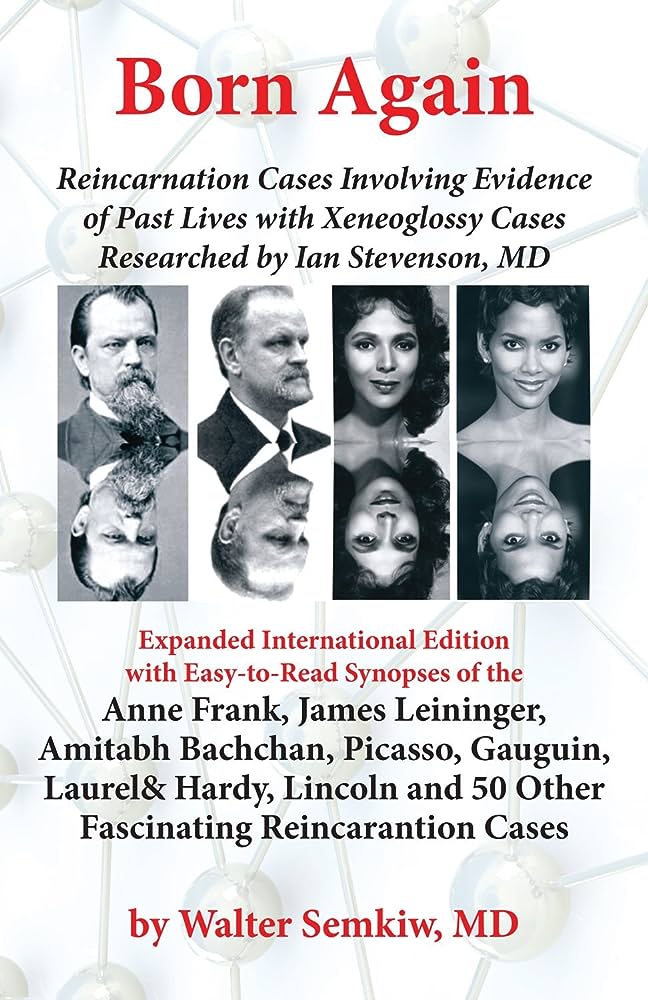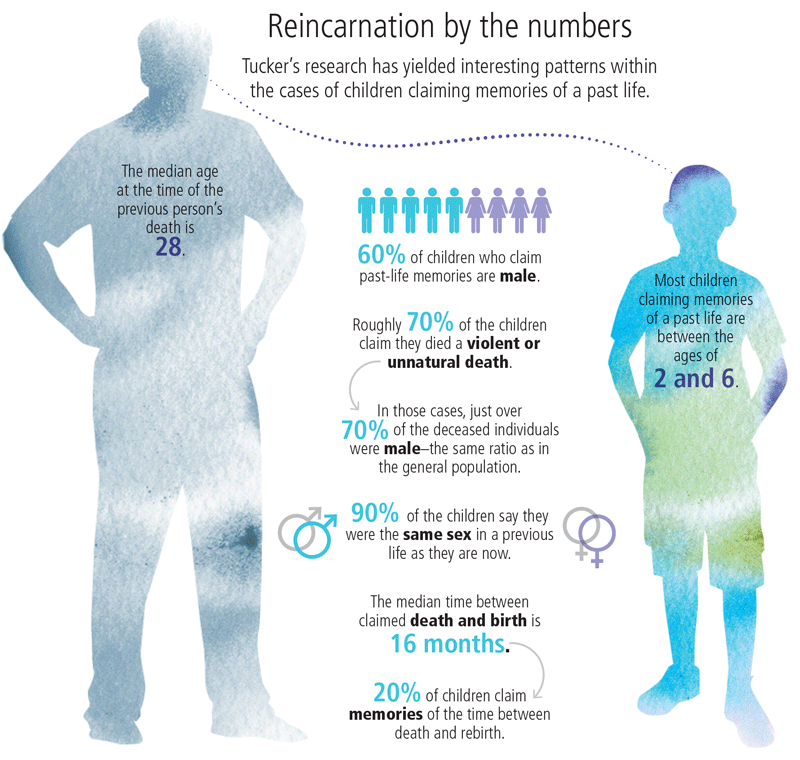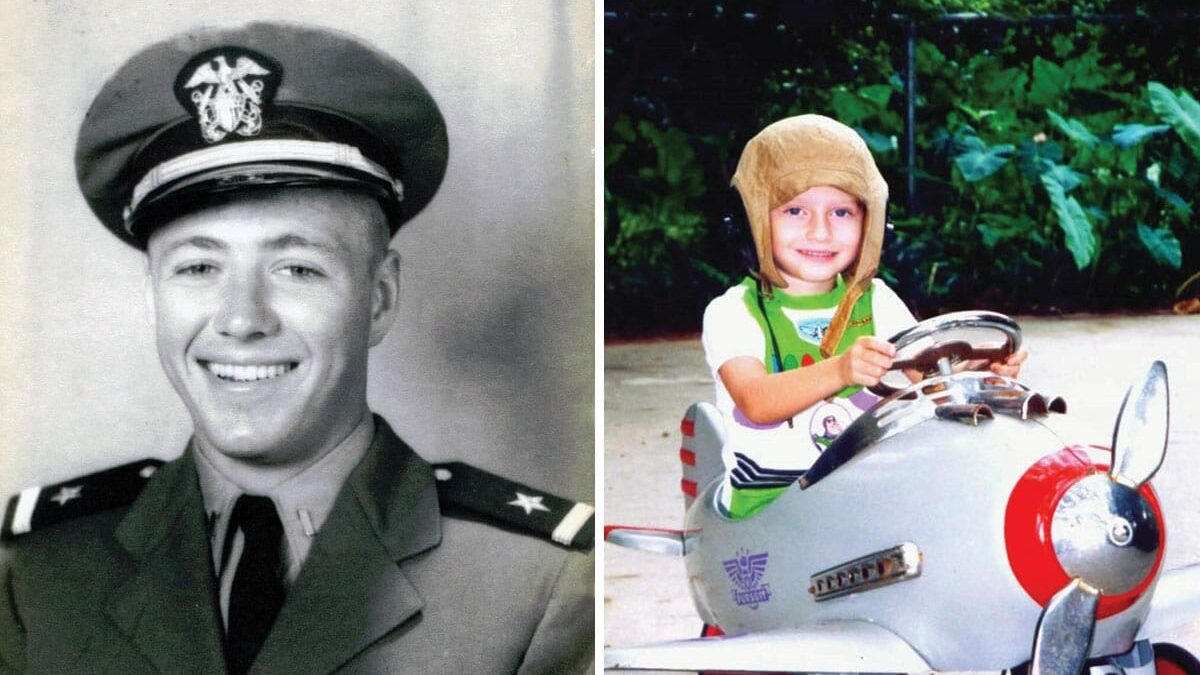Curious to know if there are any recorded instances of reincarnation? In this article, you’ll discover intriguing examples of documented cases that explore the possibility of life after death. From young children recalling vivid memories of past lives to individuals bearing remarkable birth marks linked to their supposed past selves, you’ll uncover the fascinating evidence surrounding reincarnation. Get ready to open your mind and explore the intriguing world of the afterlife!
What is reincarnation?
Definition of reincarnation
Reincarnation is the belief or concept that an individual’s soul or spirit is reborn into a new physical body after death. It is a fundamental belief in many religious and spiritual traditions around the world. The concept of reincarnation is based on the idea that each soul undergoes a continuous cycle of birth, death, and rebirth until it reaches spiritual enlightenment or liberation.
Concept of rebirth
Reincarnation is closely related to the concept of rebirth, which suggests that after death, the soul is born again into a new life. However, unlike rebirth, which can involve being born into any living form, including animals or plants, reincarnation specifically refers to the transfer of the soul from one human body to another.
Beliefs in different religions
Reincarnation is a significant belief in several religions and spiritual traditions, albeit with subtle variations in interpretation. In Hinduism, for example, the doctrine of reincarnation is central to the idea of karma, which suggests that individuals accumulate good or bad karma based on their actions in each life, ultimately determining their future lives and experiences. Similarly, Buddhism teaches the cycle of rebirths as part of its understanding of suffering and the path to enlightenment. Other religions such as Jainism, Sikhism, and certain indigenous belief systems also incorporate the concept of reincarnation in their teachings.
Historical perspectives
Ancient civilizations and reincarnation
The belief in reincarnation is not confined to the boundaries of modern religions. Various ancient civilizations also expressed ideas aligning with the concept of reincarnation. In ancient Egypt, for instance, the Book of the Dead contained references to the soul’s journey through multiple lives. Similarly, the ancient Greeks believed in the transmigration of souls, with the philosopher Pythagoras being a prominent advocate of the concept of metempsychosis.
Philosophical views on reincarnation
Reincarnation has been a subject of philosophical contemplation throughout centuries. Philosophers like Plato, Plotinus, and Arthur Schopenhauer explored the concept in their works, introducing notions of the eternal soul and the cycle of life. These philosophical perspectives have contributed to the development and understanding of reincarnation.
Development of the concept over time
Over time, the concept of reincarnation has evolved within different cultures and developed various interpretations. Some religions and spiritual traditions view reincarnation as a means of spiritual growth and liberation, while others may emphasize the consequences of past actions and the need for moral purification. The understanding of reincarnation has also been influenced by advancements in scientific and psychological research.

Research on reincarnation
Early studies and pioneers in reincarnation research
The investigation of reincarnation has attracted the attention of numerous researchers and scholars in the field of parapsychology. Pioneers such as Ian Stevenson and Jim Tucker have conducted extensive research on past-life memories and documented cases of individuals who claimed to remember their past lives.
Methods used to investigate cases
Researchers studying reincarnation use various methods to investigate cases, including interviewing individuals who claim to have past-life memories, examining birthmarks or birth defects that may correspond to traumatic events in a previous life, and obtaining historical and factual data to verify the accuracy of memories.
Different approaches to gather evidence
The evidence collected in reincarnation research varies and can include detailed recollections of past lives, familiarity with locations, languages, or historical events that the individuals would not have had access to in their current life. Researchers also look for consistency and accuracy in the information provided by the subjects, as well as physical evidence that can support their claims.
Documented cases of reincarnation
Prominent documented cases worldwide
Numerous documented cases of reincarnation have been recorded around the world. One notable case is that of Shanti Devi, an Indian girl who claimed to remember her past life as a woman named Lugdi Devi. Her recollections were found to be remarkably accurate, leading to investigations and verification of her statements. Other cases, such as the Pollock twins in England and the Golan Heights case in the Middle East, have also generated significant interest due to the detailed memories and corroborating evidence.
Children with detailed memories of past lives
Many cases of reincarnation involve young children who can vividly recall events, places, and people from their alleged previous lives. Some children can provide specific details, such as the names of family members, relationships, and even the cause of their previous death, which, upon investigation, are found to match real individuals who had passed away.
Reincarnation stories supported by physical evidence
In certain cases, the claims of reincarnation are bolstered by physical evidence that corresponds to the past lives described. Birthmarks or birth defects, for example, have been found to align with the wounds or injuries sustained by the deceased individuals. These documented cases provide a compelling argument for the existence of an afterlife and the possibility of reincarnation.

Scientific explanations and skepticism
Psychological interpretations of past life memories
Some skeptics argue that past-life memories can be explained by psychological factors, including imagination, suggestibility, or cryptomnesia, which is the subconscious recollection of information forgotten but later remembered as a memory of a past life. They propose that these memories may be constructed or influenced by cultural and societal narratives rather than representing genuine experiences.
Cognitive biases and false memories
Critics of reincarnation research also point to the influence of cognitive biases and the potential for false memories. They argue that individuals may be unintentionally influenced by suggestion or create false memories due to normal memory processes, leading to inaccurate recollections and the belief in past lives.
Critiques from the scientific community
The scientific community remains divided on the subject of reincarnation. Skeptics often criticize the lack of scientific consensus, citing methodological limitations and the potential for anecdotal evidence to be influenced by cultural beliefs and expectations. While acknowledging the intriguing nature of documented cases, they call for rigorous scientific investigation to substantiate claims of reincarnation.
Near-death experiences and reincarnation
Similarities and connections between near-death experiences and reincarnation
Near-death experiences (NDEs) and reincarnation share some common aspects and have been linked by certain researchers. Both phenomena involve the exploration of life after death and suggest the existence of a spiritual realm beyond the physical world. Some individuals who have had NDEs report encountering deceased relatives or experiencing a sense of continuity, which aligns with the concept of reincarnation.
Testimonies and research on near-death experiences
Extensive research has been conducted on near-death experiences, with individuals reporting a range of sensations such as a feeling of peace or detachment from the body, moving through a tunnel, and encountering deceased loved ones or spiritual beings. These testimonies contribute to the ongoing exploration of the existence of an afterlife and the potential for reincarnation.
Possible implications on the concept of reincarnation
The connection between NDEs and reincarnation raises intriguing questions about the nature of consciousness, the soul, and the possibility of multiple lives. If individuals can have profound and transformative experiences during near-death encounters, it suggests that consciousness may continue to exist beyond physical death, supporting the concept of reincarnation as a plausible explanation for the soul’s journey.

Cultural variations and beliefs
Reincarnation in Hinduism and Buddhism
In Hinduism and Buddhism, reincarnation is deeply ingrained in the religious and philosophical traditions. Both religions view reincarnation as part of a cycle of birth, death, and rebirth, with the opportunity for spiritual advancement or liberation through the accumulation of good karma and the realization of one’s true nature.
Different cultural interpretations of rebirth
Cultural interpretations of rebirth can have distinct variations around the world. Some cultures focus on the ancestral connections and the belief that deceased ancestors can be reborn within the same family lineage. Others view rebirth as a transformational process that occurs within an individual’s spiritual evolution, emphasizing personal growth and self-realization.
Traditional practices related to past life regression
Certain cultures employ traditional practices to explore past lives through techniques such as meditation, hypnosis, or shamanic journeys. These methods aim to access the subconscious mind or spiritual realms, facilitating the retrieval of memories from previous lives and aiding in personal healing and growth.
Controversies and debates
Ethical considerations in researching past life memories
Researching past life memories can present ethical challenges, especially in cases involving children. Respecting the privacy and well-being of individuals involved, navigating cultural sensitivities, and ensuring the scientific rigor of investigations are critical factors to consider. Ethical guidelines and informed consent protocols are essential in reincarnation research.
Religious conflicts and challenges to reincarnation
Reincarnation can create conflicts within religious and cultural contexts where the belief contradicts dominant religious doctrines or societal norms. In some cases, individuals who claim to remember past lives may face discrimination or rejection, challenging the acceptance and understanding of reincarnation in society.
Critics’ perspectives on the lack of scientific consensus
While documented cases of reincarnation provoke intrigue, critics argue that the lack of consensus within the scientific community hinders wider acceptance and validation. Skeptics contend that certain investigations may be influenced by preconceived beliefs, making it difficult to separate genuine evidence from subjective interpretations.

Implications and personal experiences
Impact of belief in reincarnation on individuals
Belief in reincarnation can have profound psychological and spiritual effects on individuals. It offers the hope of future lives, the chance to rectify past mistakes, and the opportunity for personal growth. Moreover, the belief in reincarnation can provide comfort and solace, particularly in times of loss or the contemplation of mortality.
Personal accounts and testimonials
Countless individuals claim to have experienced past-life memories or have encountered evidence that supports the notion of reincarnation. These personal accounts and testimonials, although subjective, provide insights into the potential impact of reincarnation on the lives of those who believe in it. Their experiences range from healing emotional wounds to finding a sense of purpose and deeper understanding of their existence.
Relevance of past lives in contemporary society
The concept of reincarnation raises thought-provoking questions about the nature of human existence and the possibilities of life after death. It invites dialogue and exploration of the spiritual dimensions of life, encouraging individuals to contemplate their own purpose, actions, and beliefs. The relevance of past lives in contemporary society lies in its ability to inspire personal growth, empathy, and a broader understanding of the interconnectedness of all beings.
Conclusion
Summary of findings and perspectives
The exploration of reincarnation encompasses a vast array of historical, scientific, cultural, and personal perspectives. Documented cases of reincarnation suggest the existence of past-life memories that cannot be easily explained by conventional scientific paradigms. While the scientific community remains divided, ongoing research and investigations continue to shed light on the complexities of the human experience and the potential existence of an afterlife.
Implications for further research and understanding
The documented cases of reincarnation highlight the need for further research to explore the mechanisms underlying past-life memories and their implications on consciousness, identity, and spiritual growth. By approaching reincarnation research with scientific rigor and ethical considerations, insights into the mysteries of human existence and the nature of the soul may emerge.
In summary, while the question of documented cases of reincarnation continues to captivate and inspire debate, each individual is encouraged to explore their own beliefs and perspectives on this profound aspect of human existence. Whether one finds solace in the idea of multiple lives or seeks alternative explanations, the exploration of past lives holds the potential to enrich our understanding of the human experience and the interconnectedness of all living beings.

